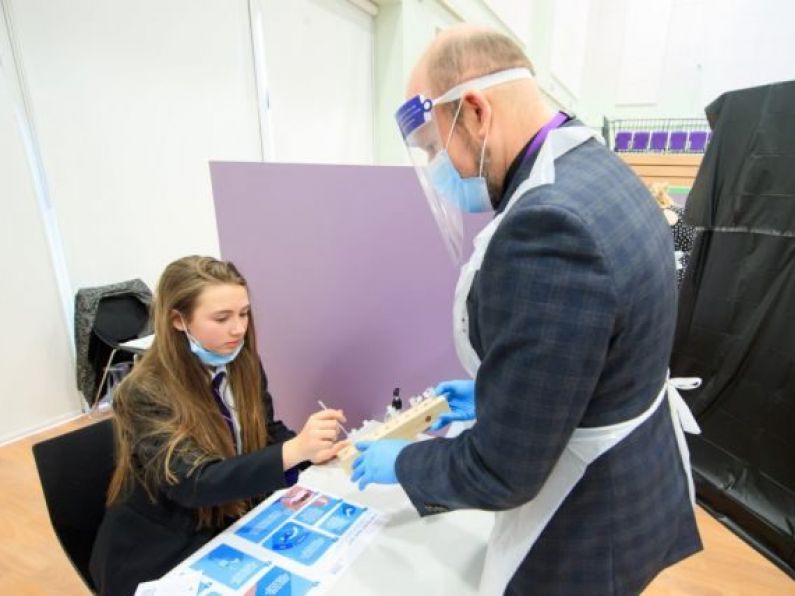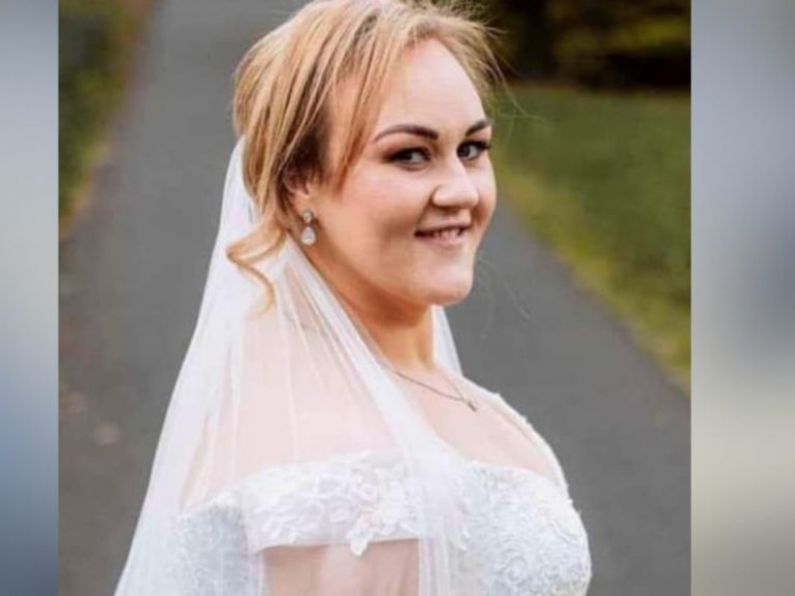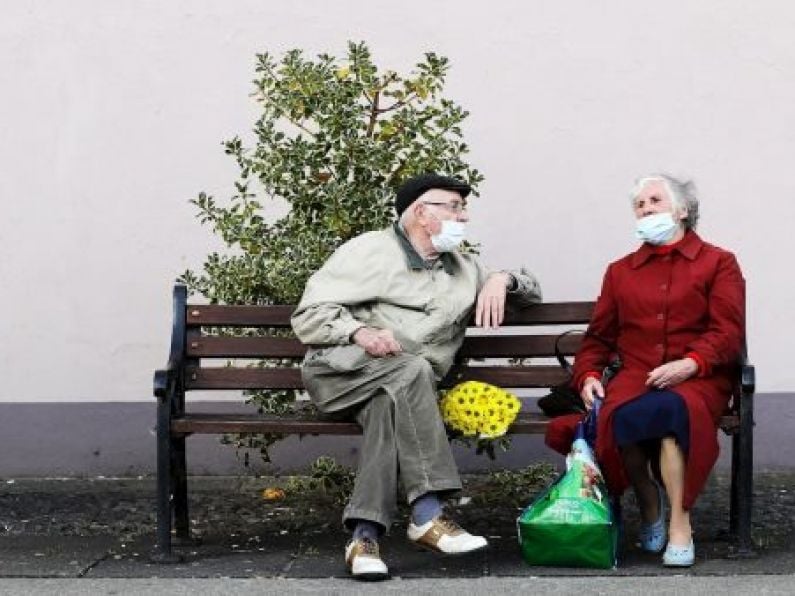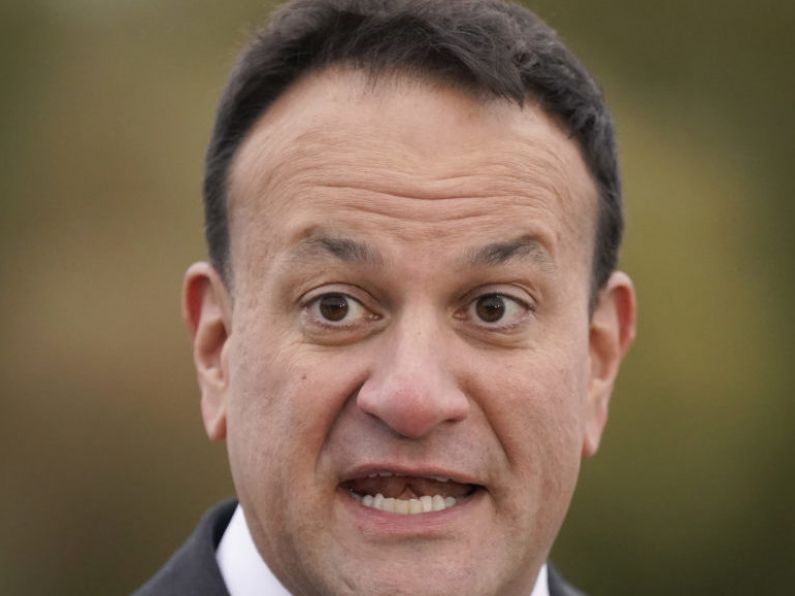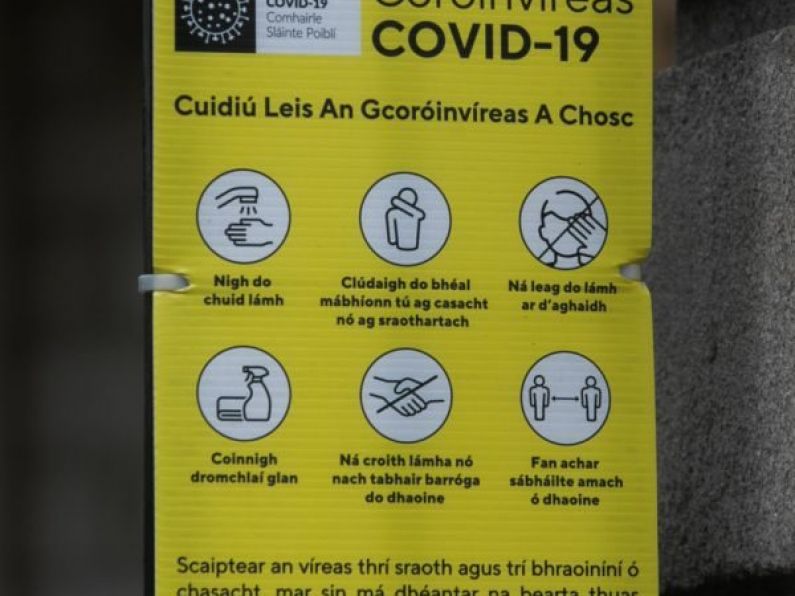Vivienne Clarke
Health officials are considering a pilot scheme of antigen testing in secondary schools and universities, the HSE's chief clinical officer has said.
However, concerns remained around the sensitivity of the rapid tests, Dr Colm Henry told Newstalk’s Pat Kenny show, and stressed that they would not replace existing measures.
“We already deploy antigen testing for our hospitals and in outbreak settings, where we know its sensitivity is much stronger. But we also know it's very weak in cases where people are asymptomatic.
“I’m not doubting the potential value of antigen testing, particularly in outbreaks. I’m saying that as an assurance to people that a negative test means negative by itself it doesn’t stand up.”
Dr Henry said the HSE had “more than enough” PCR testing for the settings that need them. He acknowledged that even PCR testing was not 100 per cent accurate, but that it had a very high efficacy rate.
Highly sensitive PCR or polymerase chain reaction tests are the most reliable, widely used way of detecting Covid-19, but are expensive to perform and, because they must be processed in lab conditions, can take up to 48 hours for a result.
The walk-in centres which opened in five locations last week were part of a “menu of options” which would assist in identifying cases, he said. There had been a “big take up” at the walk-in centres with 7,500 tests in recent days showing a positivity rate of around two to three per cent.
“From here on out, we envisage these would be highly mobile – and we’ll change the location based on the advice of public health departments.”
